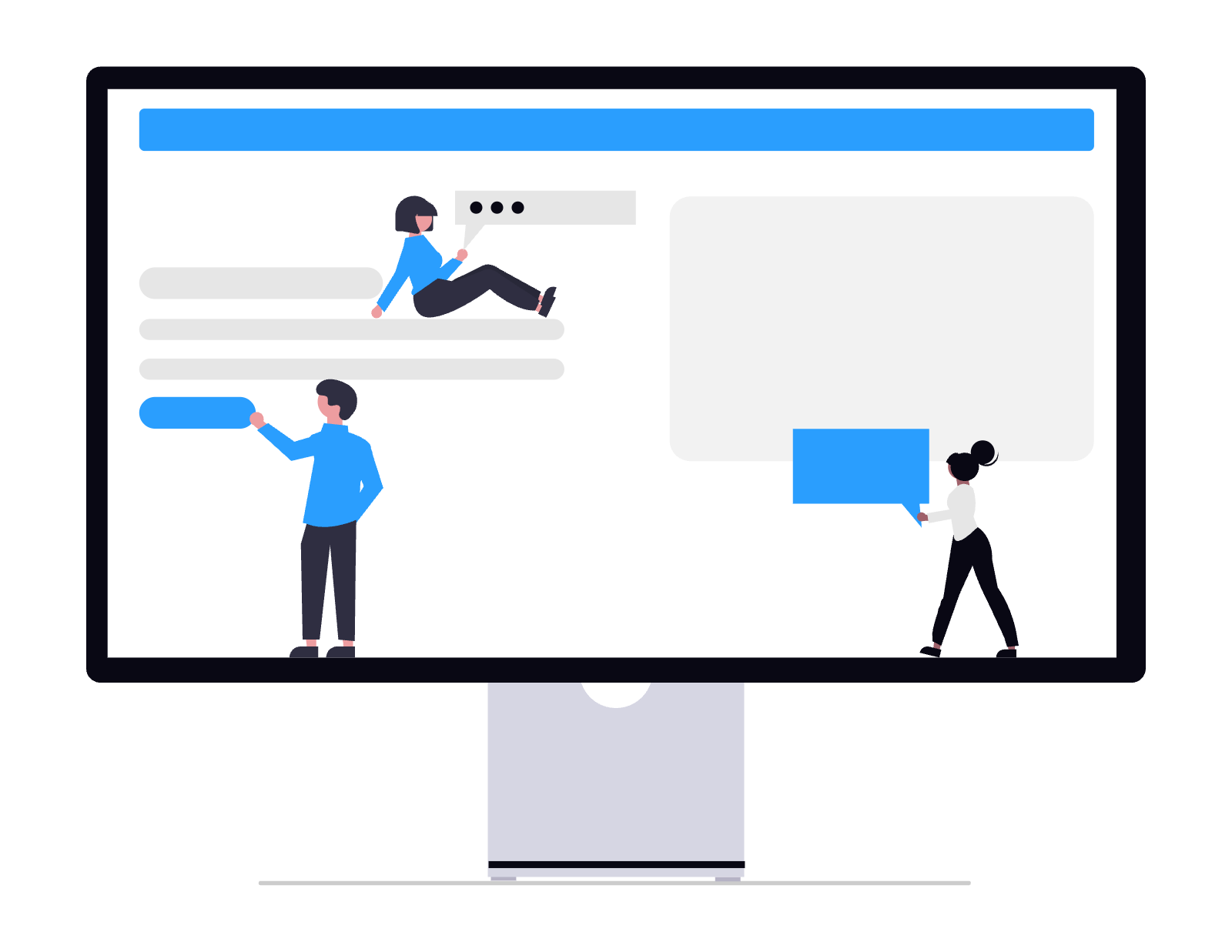
I've been analyzing real estate websites across the country, and here's what I keep seeing: agents with beautiful sites getting 8,000-12,000 visitors per month but only converting 15-25 leads. That's a 0.2% conversion rate when the industry average should be closer to 2-3%.
The problem isn't traffic quality - it's that traditional contact forms are completely wrong for how people actually browse real estate. Someone scrolling through listings at 11 PM on a Sunday isn't ready to fill out a form asking for their phone number, budget, and timeline. They're just looking, exploring, getting a feel for the market.
But here's what's fascinating: those same "just browsing" visitors are often highly qualified prospects. They just need to be engaged differently.
AI chatbots can gauge intent in real-time, engage visitors naturally, and capture leads who would never fill out a traditional form. For real estate sites that don't have millions of visitors to run complex A/B tests, chatbots provide immediate insights into visitor behavior and intent that forms simply can't match.
{{CASESTUDY}
The short answer is a resounding YES, people absolutely engage with well-designed AI chatbots, and we have the data to prove it.
The key is that modern AI chatbots don't feel like the robotic, frustrating bots from five years ago.
Why people engage with real estate chatbots:
Not everyone becomes a lead, but the conversations provide valuable insights and capture prospects who would otherwise leave silently.
{{CTA}}
People don’t shop for homes on a schedule. They browse listings after dinner, during lunch breaks, or early in the morning before work.
Someone might visit your site at 10 PM, scroll through listings, read a blog post, and leave without a trace. Your contact form never knew they were there.
That’s the gap most real estate sites miss.
While forms sit quietly on one page, a chatbot can meet visitors anywhere—listening, answering, and uncovering what they actually want—so you don’t lose valuable insight when they’re ready to act.
After-hours chatbot conversations often generate some of the highest quality leads because visitors have time to engage without feeling pressured.
{{CALENDAR}}]
Contact forms capture anyone willing to fill them out - tire kickers, competitors, people way outside your area or price range. You end up calling "leads" who waste your time because there was no pre-qualification.
AI chatbots flip this completely. They qualify prospects through natural conversation before ever asking for contact information. By the time someone gives you their phone number, you already know they're serious.
Smart qualification questions chatbots ask naturally:
The beauty is these don't feel like interrogation because they're woven into helpful conversation.
Most agents face two time-draining challenges:
You spend hours surveying past clients and analyzing MLS data, then more hours following up with prospects who contacted you just to ask "What's the market like?" before disappearing.
AI chatbots solve both problems simultaneously. They automatically gather market intelligence through natural conversations AND answer those basic market questions to prevent dead-end follow ups.
The two-fold time savings:
1. Automatic trend analysis: Every visitor interaction becomes market research. You get insights like:
2. Filtering out information seekers: The chatbot handles high-level market questions immediately, so when someone actually contacts you, they're past the "just curious about the market" stage.
Contact forms can't address hesitations or concerns. If someone is worried about market timing, interest rates, or whether they can afford a home, a form just sits there while they leave your site to research elsewhere (probably ending up on a competitor's site).
AI chatbots can address common objections immediately, turning uncertain visitors into qualified leads through helpful conversation.
Common real estate objections chatbots handle:
"Interest rates are too high right now"
"Not sure if we can afford this area"
"We're not ready to buy yet"
"Just looking"
Each objection becomes a conversation starter rather than a conversation ender and overtime the chatbot builds trust by being helpful first, not pushy.
In real estate, speed-to-lead can make or break a deal. Studies show that contacting a lead within 5 minutes increases conversion rates by 9x compared to waiting 30 minutes. But traditional contact forms don't capture urgency, leaving you to guess which leads need immediate attention.
AI chatbots solve this by naturally gathering timeline information during conversation, allowing you to prioritize your response based on actual urgency rather than first-come-first-served.
How chatbots uncover urgency naturally:
High urgency signals:
Medium urgency signals:
Low urgency signals:
For real estate agents juggling multiple leads, this urgency intelligence transforms your follow-up strategy from reactive to strategic.
After working with hundreds of real estate agents, the pattern is clear: traditional contact forms are built for a different era. They work fine when you have motivated buyers ready to share personal information, but they completely miss the 95% of visitors who are browsing, researching, or just getting started.
For real estate agents tired of chasing unqualified leads, AI chatbots don't just improve your conversion rate - they completely change the quality of conversations you're having.
Instead of cold calling people who filled out forms, you're talking to pre-qualified prospects who already trust you and understand your value.
The technology exists right now to capture the leads your website is currently missing. The question is whether you'll implement it before your competitors do.
Don't let another potential client walk away because you weren't available to respond instantly. Madison's pricing is designed to pay for itself with just one additional deal per month.
Before you spend another dollar on marketing that doesn't convert, take 2 minutes to see how Madison turns your existing website traffic into a steady stream of qualified appointments.

Within just a few months, Realty AI helped Team Logue capture 15 high-quality leads, resulting in 3 new transactions worth over $3.3 million. This success generated an estimated $82,500–$95,000 in gross commission income (GCI).